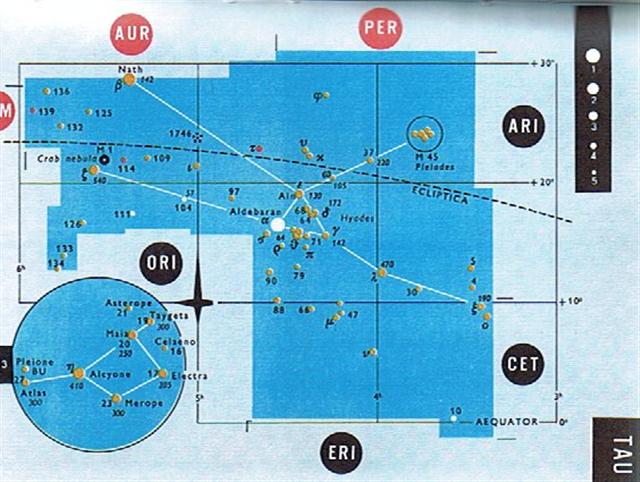2. The situation is rather uncomfortable - for how long will
Kuukuu live and for how long will the explorers have to stay on the beach of
Oromanga? We already think we know the answer to the last question:
| They stayed
twenty-seven days in Oromanga. |
he
noho erua te angahuru mahitu te raa i oromanga. |
p. 29 |
| Every time Kuukuu
asked, 'Where are you, friends?' they immediately
replied in one voice, 'Here we are!' |
ai ka ui no mai a
kuukuu he korua e nga hoe e.ai ka hakahoki no mai te
reo anake i matou |
| They all sat down and
thought. |
he noho anake he
hakatopa i te ki. |
| They had an idea, and
Ira spoke, 'Hey, you! Bring the round stones
(from the shore) and pile them into six heaps of
stones!' |
he topa te ki
amua.he ki a Ira.he ro korua e ka too mai te pureva
ki hakatuutuu kia ono
pipi horeko |
| One of the youths
said to Ira, 'Why do we want to do that?' |
he ki mai te tahi
ngaio kia ira.ai ka aha tatou. |
| Ira replied,
'So that we can all ask the stones to do something.' |
he ki atu a Ira.ai
ka ui tatou ki te pipi horeko. |
| They took (the
material) for the stone heaps (pipi horeko)
and piled up six heaps of stones at the outer edge
of the cave. |
he too mai i te
pipi horeko he hakatuutuu eono
pipi horeko i te hihi o te ana. |
| Then they all said to
the stone heaps, 'Whenever he calls, whenever he
calls for us, let your voices rush (to him) instead
of the six (of us) (i.e.., the six stone heaps are
supposed to be substitutes for the youths).' |
he ki anake.ki te
pipi horeko.ana ui mai ka ui mai ena kia matou e
rere tokorua reo. |
| They all drew back to
profit (from the deception) (? ki honui) and
listened. |
ao ono he neke mai
anake ki honui he hakarongo atu. |
| A short while later,
Kuukuu called. As soon as he had asked,
'Where are you?' |
he ui mai a kuukuu
ka ui mai era |
| the voices of the
stone heaps replied, 'Here we are!' |
he korua he o atu
te reo o te Pipi horeko i matou |
p. 30 |
| All (the youths)
said, 'Hey, you! That was well done!' |
he ki anake he ro
korua ku rivariva ana |
When the stone heaps answered Kuukuu
their dilemma had been solved and accordingly the dark page 29
was in the past.
The constellation Tauono ('6 stones) is one
of the names for the Pleiades, and the outer edge of the 'cave'
therefore probably refers to the limit of winter, because all over
the ancient world the raíny Pleiades announced the arrival of a new
year. At
this edge of winter summer will be born, and I think we should
connect Oromanga with the Pleiades.
Pipi in pipi horeko could allude to
how small these 'morning stars' (kopu) are, while horeko
should refer to the lonely Kuukuu who now is cut off from his
friends:
|
Pipi 1. Bud, sprout; to bud, to
sprout; ku-pipi-á te tumu miro tahiti, the trunk of
the miro tahiti has sprouted. 2. A small shellfish,
common on the coast.
1. To blanch, to etiolate. 2. A spark, to
sparkle. 3. Young branches, shoot, sprout, to bud. Mq.:
pipi, tip of the banana blossom. 4. Snail, T, pea, bean.
P Mgv.: pipi, small shellfish in the shape of a
mussel. Mq.: pipi, generic term for shells. Ta.:
pipi, generic term for beans. 5. To boil with hot
stones. 6. A wave. 7. Thorn, spiny, uneven. 8. Small;
haha pipi, small mouth. 9. Rump, the rear. Pipine,
to be wavy, to undulate. |
| Hore
(Hore, horehore): to cut
with a knife or with an obsidian blade (also: horea).
Horeko, solitary, lonely; kona horeko,
solitary place, loneliness.
To hew, to cut off, to amputate, to
castrate, to cut with a knife, to decapitate, to abridge, to
incise, to set landmarks; a notch, incision, tenon; hore
poto, to cut short off; hore te gao, to chop the
head off. |
The brightest of the 6 'stones' is Alcyone at
declination 23° 57', according to my elementary astronomy book (from
which I have copied the map below). Considering there are a lot of
small stars in M 45 it would be convenient to assign 24° as the
declination for Tauono (i.e. equal to the number of the
kuhane station Oromanga):

Furthermore, the circle ('cove') wherein all these
small stars (the Pleiades were also named Matariki, 'small eyes')
are located appears be of the same size as the full moon.
| Hotu
Ta.: hotu, to
produce fruit, Sa.: fotu, id. Mgv.: akahotu,
the September season. H.: Hoku,
Night of the full moon. When this moon set before
daylight it was called Hoku Palemo, Hoku that slips
away. When it set after daylight it was called Hoku Ili,
grounded Hoku. Ka mahina o Hoku, the full moon of the
night Hoku. Cf. hōkū, star. Hō
kū, star. (PPN fetu'u). |
Alcyone culminates on December 31st
(according to (Richard Hinckley
Allen, Star Names. Their Lore and Meaning.)
|
